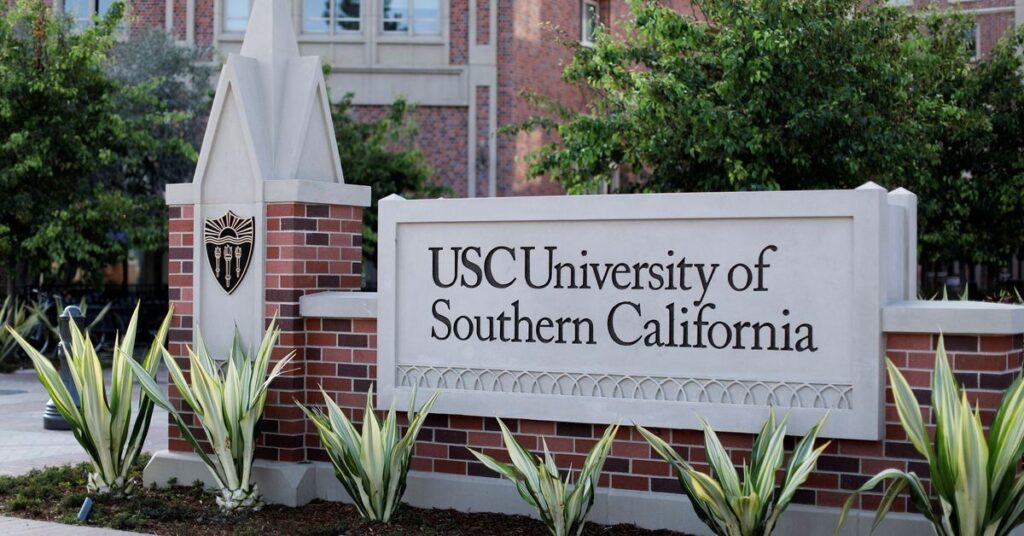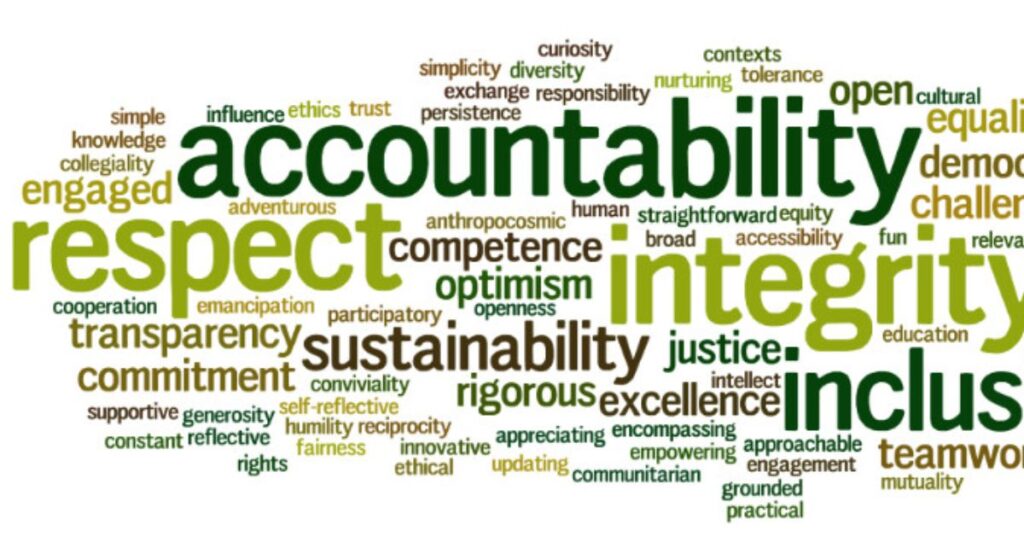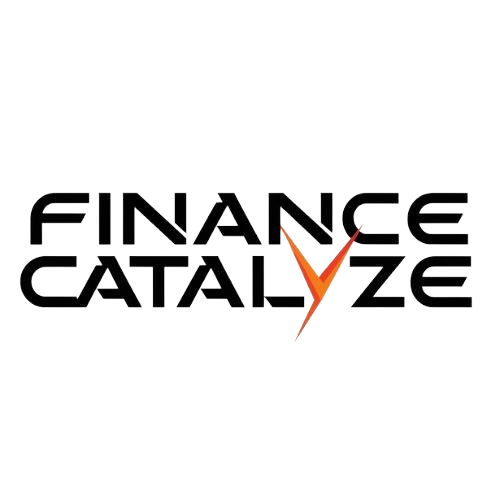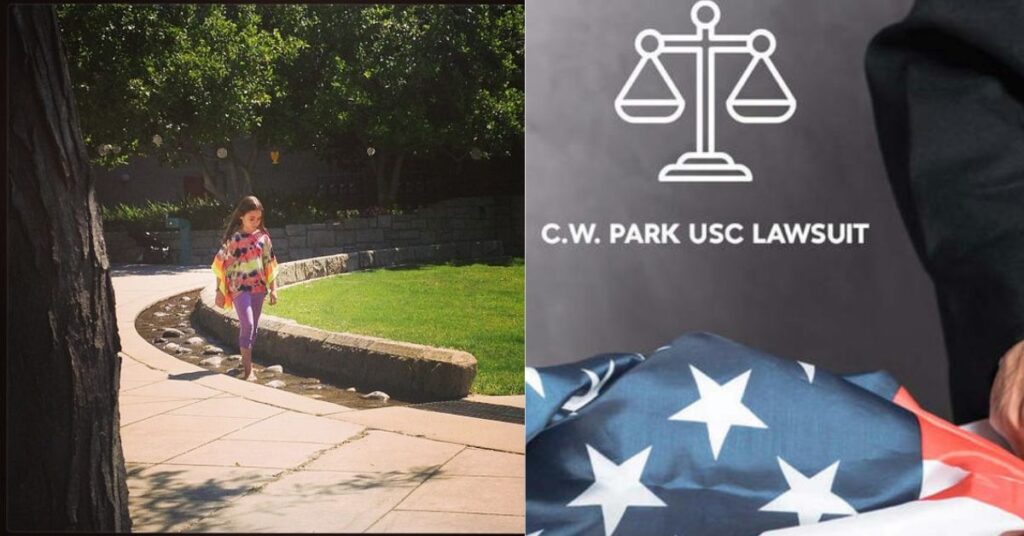The C.W. Park USC Lawsuit revolves around allegations of research misconduct against C.W. Park. A notable figure in marketing research at the University of Southern California (USC). The lawsuit stops from claims of data manipulation and fabrication in Park published works.
They are leading to his termination from USC. Park contested his dismissal alleging unfair treatment and defamation. It is resulting in a legal battle that highlighted issues of academic integrity and institution account.
Foundation
The foundation of the C.W. Park USC Lawsuit lies in allegations of research misconduct against C.W. Park. This is a respected figure in marketing research at the University of Southern California (USC). The lawsuit originated from claims of data manipulation and fabrication in Park scholar work, which prompted an investigation by USC. This investigation ultimately led to Park termination from his position at the university. He sparking a legal battle over issues of academic integrity and professional reputation.

The Lawsuit of c.w. park usc lawsuit
- Allegations of research misconduct against C.W. Park at USC.
- Accusations included data manipulation and fabrication in academic papers.
- USC conducted an investigation into the allegations.
- Park was terminated from his position at the university.
- Park filed a lawsuit against USC for unfair termination and defamation.
- Legal proceedings highlighted issues of academic integrity and institutional responsible.
Legitimate and Moral Ramifications
- The C.W. Park USC Lawsuit raised significant legal and ethical considerations within the academic community.
- It underscored the importance of maintain integrity and accountability in scholar research.
- The lawsuit highlighted the obligations of academic institutions to thoroughly investigate allegations of research misconduct.
- It emphasized the need for transparent and fair processes in addressing issues of academic integrity.
- The case served as a reminder of the consequences of failing to uphold ethical standards in research and academia.
Straightforwardness and Responsibility
Straightforwardness and responsibility are crucial principles highlighted by the C.W. Park USC Lawsuit. The case underscores the importance of transparency in addressing allegations of research misconduct. He emphasizing the need for institution to conduct thorough and impartial investigations.
Moreover, it highlights the responsibility of academic institutions to uphold ethical standards and ensure account in scholar research. They prioritizing straight forwardness and responsibility universities can foster an environment of trust and integrity within the academic community.
Also Read: Banking Fintechzoom – A Comprehensive Overview!
Support for Informants
Support for informants is crucial in fostering a culture of accountability and integrity in academic research. The C.W. Park USC Lawsuit highlights the importance of providing mechanisms for person to report misconduct without fear of retaliation. Institutions must prioritize the protection and support of whistleblowers to ensure the integrity of scholarly pursuits.

Maintaining Moral Norms
- Upholding ethical standards and moral principles is paramount in academic research.
- The C.W. Park USC Lawsuit underscores the importance of maintaining integrity and honesty.
- Researchers and institutions have a responsibility to adhere to ethical guidelines and norms.
- The lawsuit highlights the consequences of failing to uphold moral standards in academia.
- It emphasizes the need for transparency and accountability in research practices.
- Universities must prioritize ethical conduct to preserve the credit of scholar work.
- The case serves as a reminder of the ethical obligations inherent in academic pursuits.
- Adhering to moral norms fosters trust and confidence within the academic community.
- Ethical lapses can lead to legal and reputational ramifications for persons and institutions.
- They maintain moral integrity, researchers contribute to the advancement of knowledge with credibility and authenticity.
Gaining from Mix-ups
Gaining from mistakes is an essential aspect illuminated by the C.W. Park USC Lawsuit. The case underscores the importance of learning from past errors and implementing changes to prevent similar occurrences in the future.
They acknowledge and addressing mistakes both persons and institutions can cultivate a culture of continuous improvement and research integrity. The lessons gleaned from the lawsuit serve as valuable insights into the complexities of academic ethics. It guides efforts to enhance accountability and transparency in scholarly endeavors.
Illustrations Learned
The Illustrations Learned refers to the process of gaining insights and knowledge through visual representations. Whether it is understanding complex concepts, conveying ideas and sparking creativity illustrations serve as powerful tools for learning. They bridge the gap between words and imagination, making learning engaging and memorable.

Attention and Engagement: Visuals grab students attention and maintain their focus especially when used at the beginning of a lesson. They stimulate curiosity and encourage active participation. Different learning styles are catered to benefiting visual, kinesthetic and auditory learners1.
Simplifying Complex Concepts: Visual aids break down complex or abstract ideas into digestible parts. Flowcharts diagrams and illustrations make technical topics easier to understand. Students can grasp information more effective through visual representations12.
Retention and Recall: Visuals help move information from short term to long term memory. They trigger associations making it easier to recall later. During exams or assignments visual aids serve as prompts and reinforce key points1.
Vocabulary Expansion: Visual aids inspire creativity and deeper thinking. English-language learners benefit by building their vocabulary and writing skills through exposure to visuals3.
Concept Clarity: Visuals provide examples that help students gain a proper view of topics and concepts. They bridge the gap between words and imagination making learning more effective and memorable4.
Final Thought
The C.W. Park USC Lawsuit serves as a poignant reminder of the critical importance of upholding academic integrity and ethical standards in research. This case underscores the need for transparency, accountability, and support for whistleblowers within academic institutions.
They learning from the lessons of this lawsuit and committing to ethical conduct researchers and universities. You can work together to uphold the credibility and trustworthiness of scholar pursuits ultimately advancing knowledge for the betterment of society.
Frequently Asked Questions
What prompted the C.W. Park USC Lawsuit?
The lawsuit stemmed from allegations of research misconduct against C.W. Park a prominent figure in marketing research at the University of Southern California (USC).
What were the main allegations against C.W. Park USC?
The C.W. Park faced accusations of engaging in unethical behavior including data manipulation and fabrication in his scholar work.
What legal claims did C.W. Park make in the lawsuit against USC?
In the lawsuit against USC, Park claimed unfair termination and defamation seeking damages for loss of income damage to his reputation and personal distress.
What lessons can be learned from the C.W. Park USC Lawsuit?
The case highlights the importance of transparency, accountability and support for whistleblowers in maintaining academic integrity. It serves as a reminder of the consequences of ethical lapses and the need for institutions to uphold ethical standards.
How does the lawsuit affect academic integrity and accountability?
The lawsuit underscores the imperative for institutions to conduct thorough investigations into allegations of research misconduct and to uphold ethical standards.

Haarrii, a seasoned finance expert with 4 years of hands-on experience, brings insightful analysis and expert commentary to our platform. With a keen eye for market trends and a passion for empowering readers, Haarrii delivers actionable insights for financial success.







